News
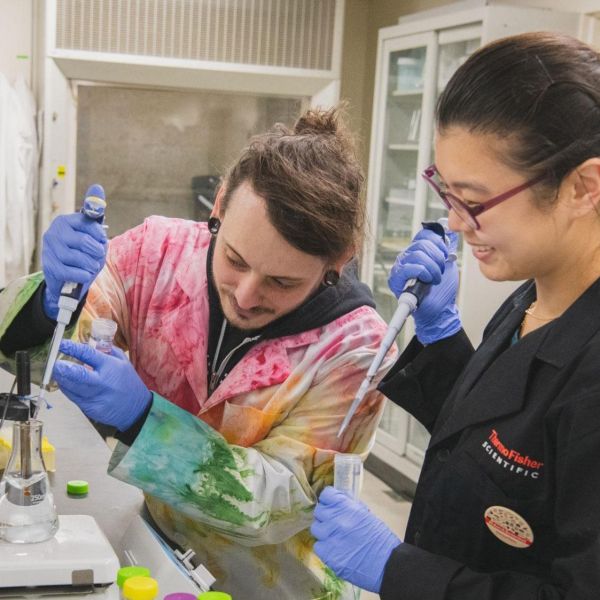
Jul 14, 2025
The breadth of the brain
Researchers in the Penn State Neuroscience Institute study the brain’s many aspects in a variety of ways, with implications from mental health to aging and disease.
Full Article
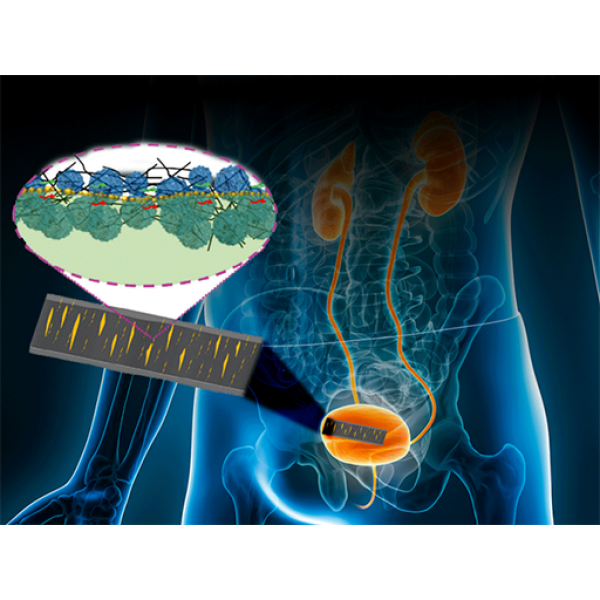
Jul 09, 2025
Skin-like sensor monitors internal, external body movement, electrical signals
A new skin-like sensor developed by an international team led by researchers at Penn State could help doctors monitor vital signs more accurately, track healing after surgery and even help patients with bladder control issues.
Full Article
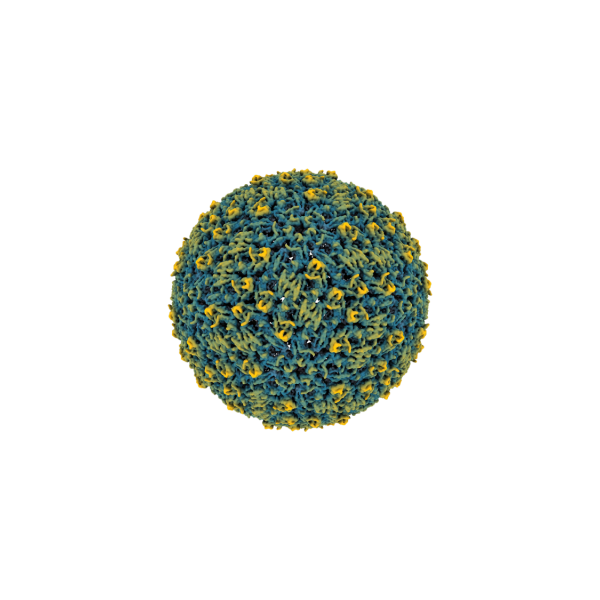
Jul 09, 2025
Structure of tick-borne virus revealed at atomic resolution for the first time
Rates of the Powassan virus infections — which can cause seizures and paralysis — are increasing across commonwealth, nation.
Full Article
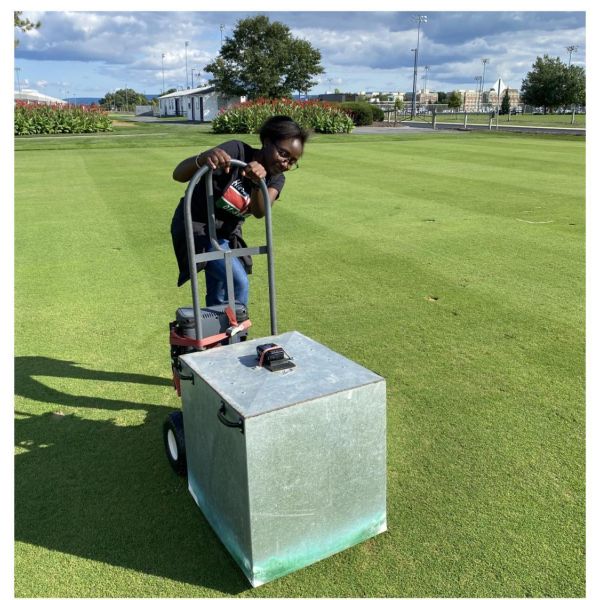
Jul 08, 2025
Fungicides intended to suppress turfgrass diseases may damage fairways
Golf course managers have much more insight into which fungicides to use to suppress turfgrass diseases, such as the common and costly dollar spot disease, without damaging the grass on their fairways, thanks to a new study by researchers at Penn State.
Full Article
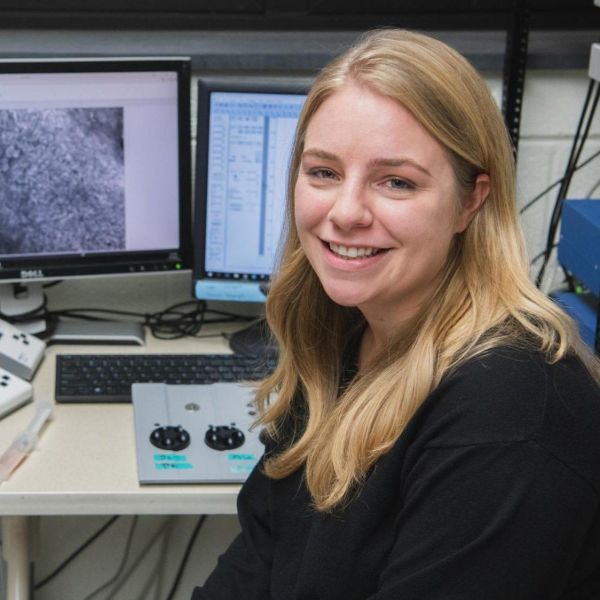
Jul 08, 2025
Q&A: Does adolescent alcohol use impact future risk of addiction?
Postdoctoral fellow Laurel Seemiller studies the biology and long-term consequences of adolescent alcohol usage. In this Q&A, Seemiller spoke about her research and her experience at Penn State.
Full Article
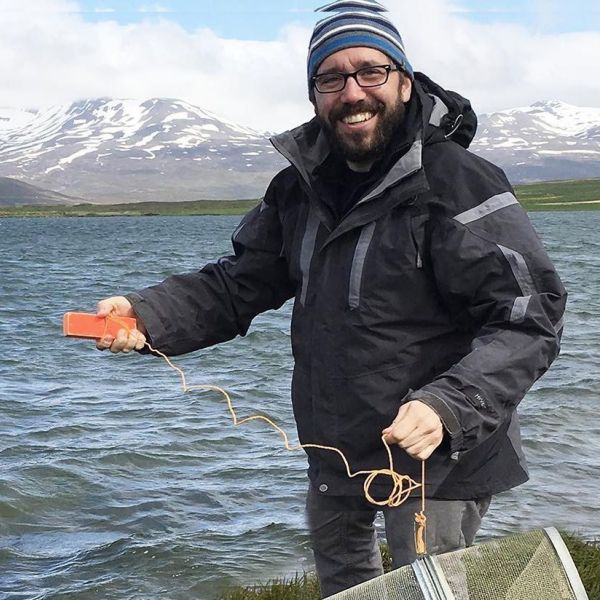
Jul 07, 2025
‘Scialog’ grant to study how rising ocean temperatures affect fish behavior
A wildlife behavioral ecologist at Penn State is part of a multi-institution team that received funding from Scialog: Neurobiology and Changing Ecosystems, a international three-year initiative that aims to spark new science exploring neurobiological responses to rapidly changing environments.
Full Article
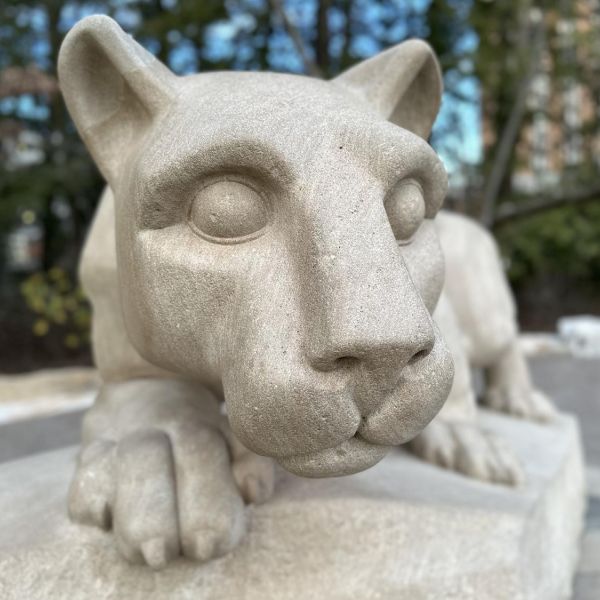
Jul 07, 2025
Four selected for inaugural Next-Gen Innovators Fellowship at Penn State
Four emerging leaders in science and innovation have been selected as the inaugural fellows in Penn State’s Next-Gen Innovators Fellowship program, an initiative designed to close critical training gaps in research translation and technology commercialization.
Full Article
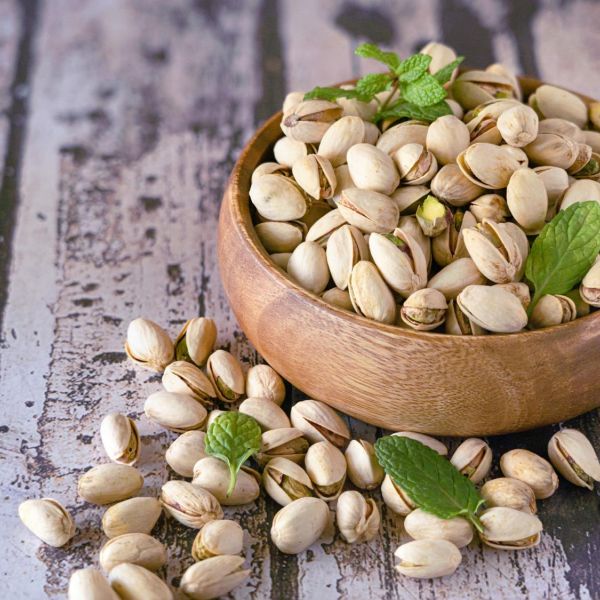
Jul 07, 2025
Nighttime pistachio snacking may reshape gut microbiome in prediabetic adults
Eating pistachios every night for 12 weeks altered bacteria in the gut, according to new study.
Full Article
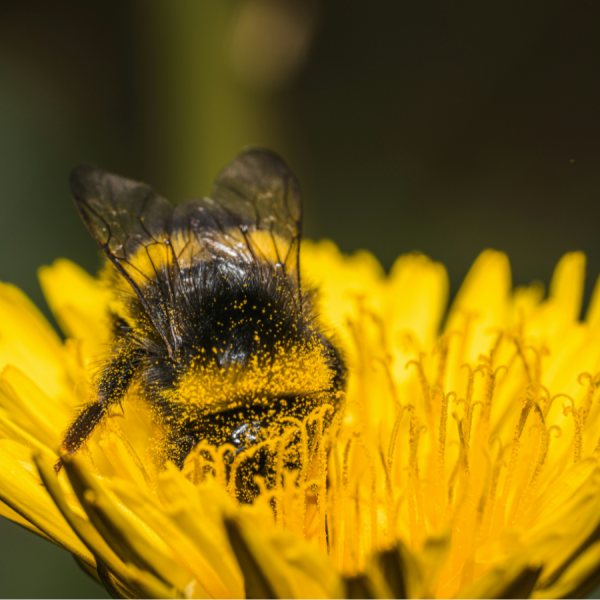
Jul 02, 2025
What a bumble bee chooses to eat may not match ideal diet
A new study led by researchers at Penn State suggests that what bumble bees choose to eat may not line up with their ideal nutritional needs.
Full Article
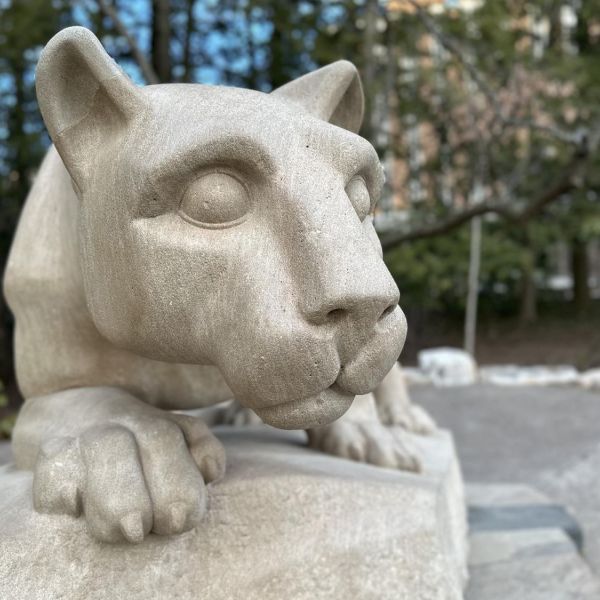
Jul 02, 2025
Eight graduate students receive U.S. National Science Foundation fellowships
Eight Penn State graduate students received U.S. National Science Foundation (NSF) Graduate Research Fellowships for the 2025-26 academic year.
Full Article